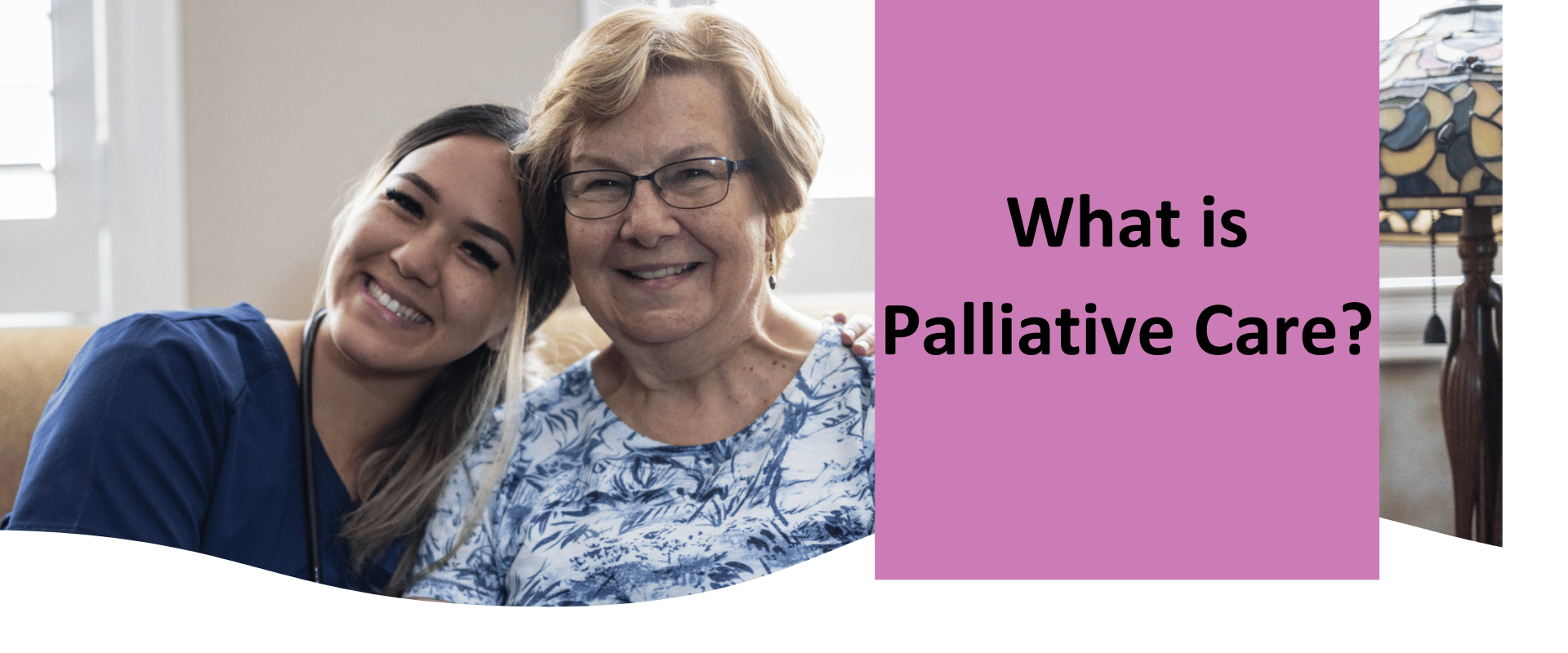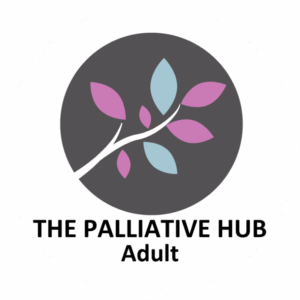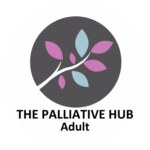
Home » What is Palliative Care
About Adult Palliative Care
“Palliative care is an approach that improves the quality of life of individuals and their families facing the problem associated with life-threatening illness, through the prevention and relief of suffering by means of early identification and impeccable assessment and treatment of pain and other problems, physical, psychosocial and spiritual.”
World Health Organisation
What is Palliative Care?
Palliative care is care that includes looking after your physical, social, emotional and spiritual wellbeing. It aims to support you and your family and carers to improve or maintain your quality of life when you are living with a life-limiting illness.
Palliative care manages symptoms, such as pain, breathlessness and nausea, so that you can continue to feel and to live as well as possible despite having a serious illness.
It aims to improve your ability to participate in your daily activities and to keep doing the things that you enjoy.
Palliative care can be offered throughout your life-limiting illness, from the time of your diagnosis, during treatments and at the end of your life. It can help your family, friends and carers including in their bereavement.
Palliative care facilitates open and honest communication to ensure that decisions about your care, such as treatment options, align with your preferences and what’s important to you.
Who provides Palliative Care?
Palliative care can be provided by anyone who works in healthcare.
- Palliative care is best provided by a team approach to planning and providing care that is tailored to meet the individual needs of a person, their family and those important to them.
- The team may include General Practitioners (GPs), Nurses, Health Care Assistants, Hospital-Based Healthcare Professionals, Pharmacists, Social Workers, Pastoral Care and Chaplains, Allied Health Professionals (Physiotherapists, Speech and Language Therapists, Occupational Therapists and Dieticians) and Complementary and Supportive Therapists.
- Specialist Palliative Care (SPC) Teams can be hospital, hospice or community based. Some community SPC Teams are based within local hospices and others are based within the community. Hospices provide a range of services focussed on managing symptoms within community, outpatient day services and inpatient services.
When should I think about Palliative Care?
Palliative care can benefit a person at all stages of a life-limiting illness. The earlier you receive palliative care, the more it can help you, or someone close to you who has been diagnosed with a life-limiting illness. You may be experiencing symptoms and are worried about your illness, the treatments that might be available and what might lie ahead.
End-of-life care is care that is provided in the last months and weeks of a person’s life and provides support to the person who is ill and those close to them.
Terminal care is care that is provided to a person and their family when the person is in the last days or hours of their life.
Some questions that may help you:
- Do you need help with managing your symptoms?
- Is your illness making it hard for you to enjoy important
- parts of your life?
- Are you unsure about what to expect if your illness
- progresses or gets worse?
- Are you worried about how someone close to you is coping?
- Do you need support in how to communicate with a loved one?
- Do you need emotional, social or spiritual support to deal with how your illness
- has changed your life?
- Does your family/carer require additional support to help you stay at home?
Did you know? Palliative Care:
- is not only for people with cancer – it can benefit people with any life-limiting illness
- is for all ages – it can benefit people right across the lifespan
- is for people living at home and within nursing homes, people who are in hospital, as well as for people who might need to be in a hospice
- is not only about dying, but can help people from the time of a diagnosis with a life-limiting condition onwards
- improves the quality of life of the person with palliative care needs and can help their families
- improves a person’s ability to participate in their daily activities, and keep doing things that are important to them


